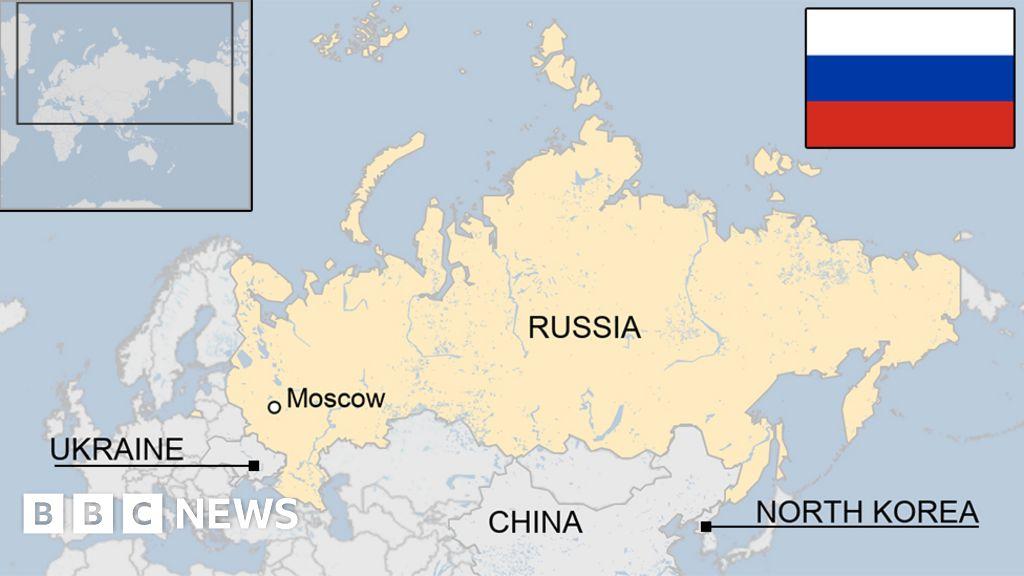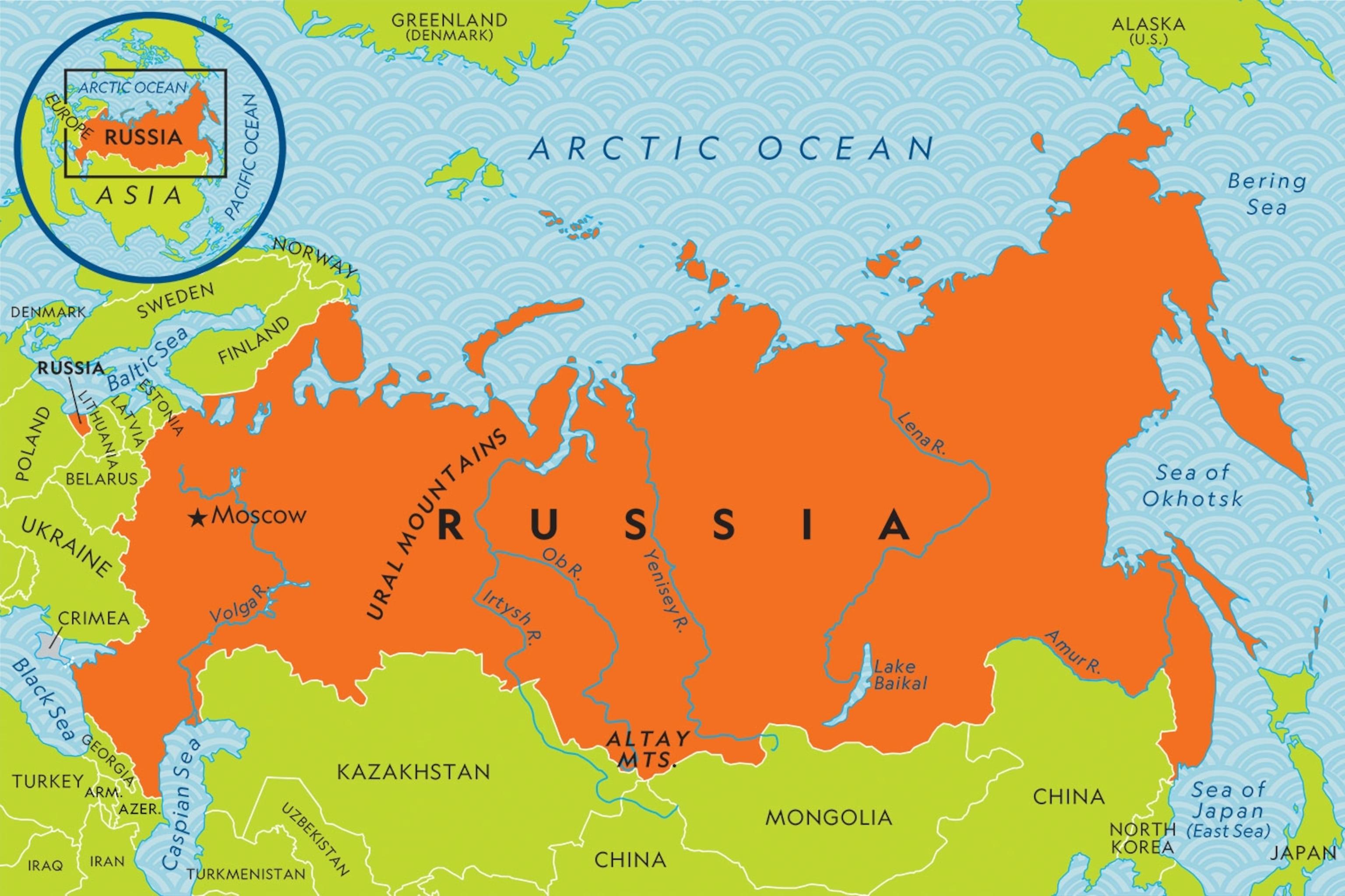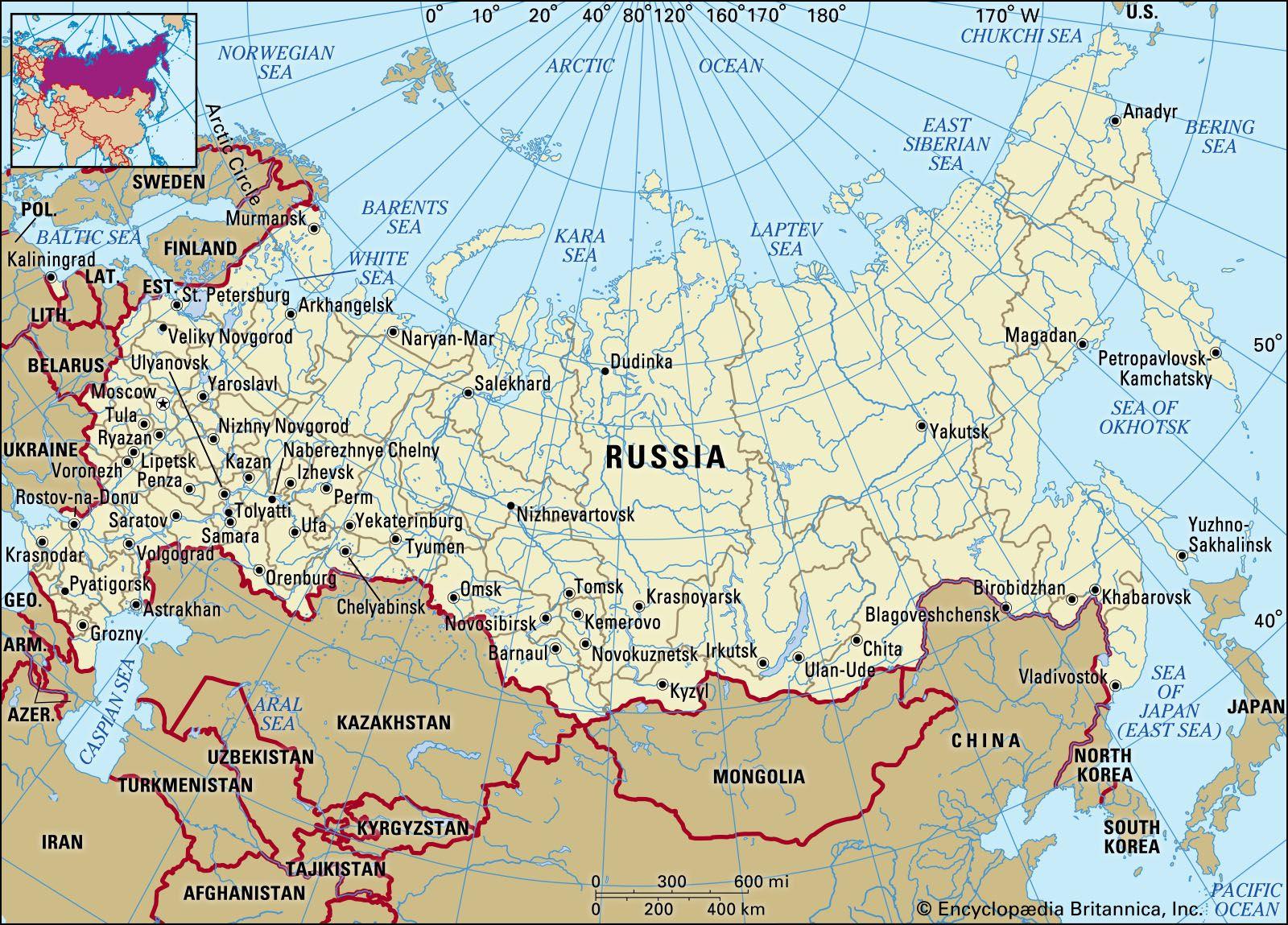As tensions rise between Russia and Iran over their conflicting desires for the outcome of the upcoming U.S. presidential election, fears of election hacking loom large. With Russia allegedly seeking to see President Trump win a second term in the White House, while Iran prefers a change in leadership, the stage is set for potential interference in the democratic process. Amidst these turbulent times, concerns over the integrity of the U.S. electoral system continue to grow.
Table of Contents
- Russias Desire for Trumps Return to White House Sparks Election Hacking Concerns
- Iran Opposes Trumps Reelection Bid, Heightening Geopolitical Tensions
- Critical Steps to Safeguard US Election Integrity Amid Growing Foreign Interference Threats
- Q&A
- Final Thoughts

Russias Desire for Trumps Return to White House Sparks Election Hacking Concerns
Russia’s desire for Trump’s return to the White House has sparked concerns about potential election hacking once again. With the 2020 election looming, experts are wary of interference from foreign powers looking to sway the outcome in their favor. The Trump administration’s cozy relationship with Russian President Vladimir Putin has only heightened these fears, as many believe Russia will stop at nothing to see Trump re-elected.
On the other hand, Iran is not keen on the idea of Trump returning to the White House. The tensions between the two countries have been escalating, and Iran sees a potential second term for Trump as a threat to their interests. With both Russia and Iran having conflicting desires for the upcoming election, the stage is set for another round of potential election hacking and interference. The United States must remain vigilant and take proactive measures to protect the integrity of the democratic process.

Iran Opposes Trumps Reelection Bid, Heightening Geopolitical Tensions
Russia and Iran are once again at odds, this time over the upcoming US presidential election. While reports suggest that Russia is in favor of Trump’s reelection bid, Iran has made it clear that they do not want to see him back in the White House. This stark contrast in foreign policy stances is likely to further heighten geopolitical tensions in the region.
As the election season heats up, cybersecurity experts are warning of potential election hacking attempts from both Russia and Iran. The US government is already on high alert, ramping up efforts to secure the election infrastructure. With both countries known for their sophisticated cyber capabilities, the threat of interference in the election process looms large. The world will be watching closely as the race for the White House unfolds amidst these escalating tensions.

Critical Steps to Safeguard US Election Integrity Amid Growing Foreign Interference Threats
In the wake of escalating threats from foreign entities seeking to influence the outcome of the upcoming U.S. election, it has become imperative for the country to take critical steps to safeguard the integrity of the electoral process. With reports indicating that Russia is looking to see President Trump back in the White House while Iran has different motives, the potential for election hacking looms large.
To combat this growing threat, it is essential for the United States to implement a series of measures aimed at protecting the sanctity of the electoral system. These steps could include:
- Enhancing cybersecurity: Strengthening defenses against potential hacking attempts on voting systems and electoral databases.
- Increasing transparency: Ensuring that election processes are as transparent as possible to minimize the risk of manipulation.
- Coordinating with intelligence agencies: Collaborating closely with intelligence agencies to identify and counter foreign interference efforts.
Q&A
Q: What is the current geopolitical situation regarding the upcoming U.S. presidential election?
A: According to USA TODAY, Russia wants Trump back in the White House, while Iran does not.
Q: What are the potential implications of this desire for both countries?
A: Russia’s desire for Trump’s re-election could lead to further election hacking and interference, while Iran’s opposition could also result in similar tactics being employed.
Q: How has the U.S. government responded to these threats?
A: The U.S. government has taken steps to prevent election interference, including sanctioning individuals and entities responsible for such activities.
Q: What measures are being taken to protect the integrity of the election process?
A: The U.S. government is working with social media companies, cybersecurity firms, and other stakeholders to prevent and combat election hacking and interference.
Q: What can American voters do to protect themselves from disinformation and foreign interference?
A: Voters can educate themselves on the sources of information they consume, report suspicious activity to authorities, and be vigilant for signs of manipulation.
Final Thoughts
As tensions rise between Russia and Iran over their preferences for the upcoming US presidential election, the specter of election hacking looms large once again. The potential for interference in the democratic process is a serious concern, and all eyes will be on the integrity of the electoral system in the months to come. Stay tuned for more updates on this developing story. Thank you for reading USA TODAY.
